Childcare Conversations
Creative Play and Development Through Woodwork: an Interview with Pete Moorhouse
Pete Moorhouse has written several books and journal articles on the benefits of hands-on learning. We spoke to him about his work in schools that is centred around developing children’s creativity, self-esteem and problem-solving skills by introducing woodwork into the early years setting.
Thank you for agreeing to chat with First Discoverers. First off, can you explain what initially drew you to focus your efforts towards early years?
I am a professional sculptor and public artist but have also been working in education for over 25 years. As well as creating my artwork I have always been passionate about encouraging the creativity in others. Initially, I worked involving A level and GCSE students on Public Art projects and then went on to work with many primary schools to take the pupils through the design process to create permanent artworks for their schools. I was then asked to undertake an artist residency at a Nursery School and Children’s Centre in Bristol. The head teacher had just returned from Reggio Emilia and had observed the pre-schools there where they all have an artist educator –an ‘ataleierista’. At first, I was a little sceptical as to how I would be able to work with such young children – and thought I’d only last a few days! In the end, I remained at that nursery school for 10 years before moving on to a teaching school where I am currently based. Early Years is now taken over and is very much the focus of my work.
In your view, what should children ‘learn’, or ‘gain’ from their time in early years care?
Early years should be all about providing children with a solid foundation, establishing the building blocks that allow them to become confident, lifelong learners. It’s about supporting children’s well-being, emotional resilience, nurturing cooperation and healthy relationships. The focus should not be about attainment and school readiness. Early years is when children consolidate their dispositions for learning through active play, where they can experience joy and wonder, where they can become secure and confident.
What would you say are currently the biggest problems that childcare settings face?
These are certainly challenging times right across the sector. Firstly from a pedagogical perspective, we need to resist the school readiness agenda. We know from the extensive research evidence that children learn best through child centred play with quality adult interaction. I really believe children’s interests should remain at the heart of their learning and development and the early years should be a time for developing confidence, relationships and dispositions towards learning. I would really like to see the early years approach extend into KS1.
“I would like to see a radically different approach which is currently not even on the fringes of the political landscape”
Secondly, early childhood education needs to be highly valued by the government by providing significant funding and investment. We should be investing in the future. Here I would like to see a radically different approach which is currently not even on the fringes of the political landscape. I would like a higher ratio of graduate teachers in the early years, higher salaries, smaller class sizes, and proactive approaches to recruiting more men. We need a clear vision. This is possible and in the long term, it is better for everyone with improved educational outcomes and contributions to society. And finally, the latest statistics are indicating that there are now 4.1M children living in poverty. This brings significant challenges to early years settings and this needs addressing. We need to invest in all the initiatives which support families and tackle disadvantage.
What would you say are the benefits of introducing woodwork into a setting?
Woodwork can really be central to provision. It is truly cross-curricular embracing all areas of learning and development. The first thing to highlight is that woodwork is invariably a very popular activity that engages children at a high level and this is so often sustained engagement regularly exceeding a couple of hours.
There is something really special about woodwork. The smell and feel of wood, using real tools, working with a natural material, the sounds of hammering and sawing, hands and minds working together to express their imagination and to solve problems, the use of strength and coordination: all go together to captivate young children’s interest. It provides a truly unique experience.
Initially we observe children working with their hands, constructing models, and working on projects, but in fact, the real transformation is inside the child – personal development is at the heart of woodwork.
Woodwork is a powerful medium for building self-esteem and confidence. This is for a combination of reasons. Children feel empowered and valued by being trusted and given responsibility to work with real tools. They accomplish tasks that they initially perceive to be difficult and they persist at challenging tasks. They show satisfaction in their mastery of new skills and take immense pride in their creations. This sense of empowerment and achievement provides a visible boost to their self-esteem and self-confidence. Children have a natural desire to construct and build. They learn how things work and discover that they can shape the world around them by making. This imparts a can-do attitude and imbues children with a strong sense of agency – having a proactive disposition towards the world – a belief they can shape their world.
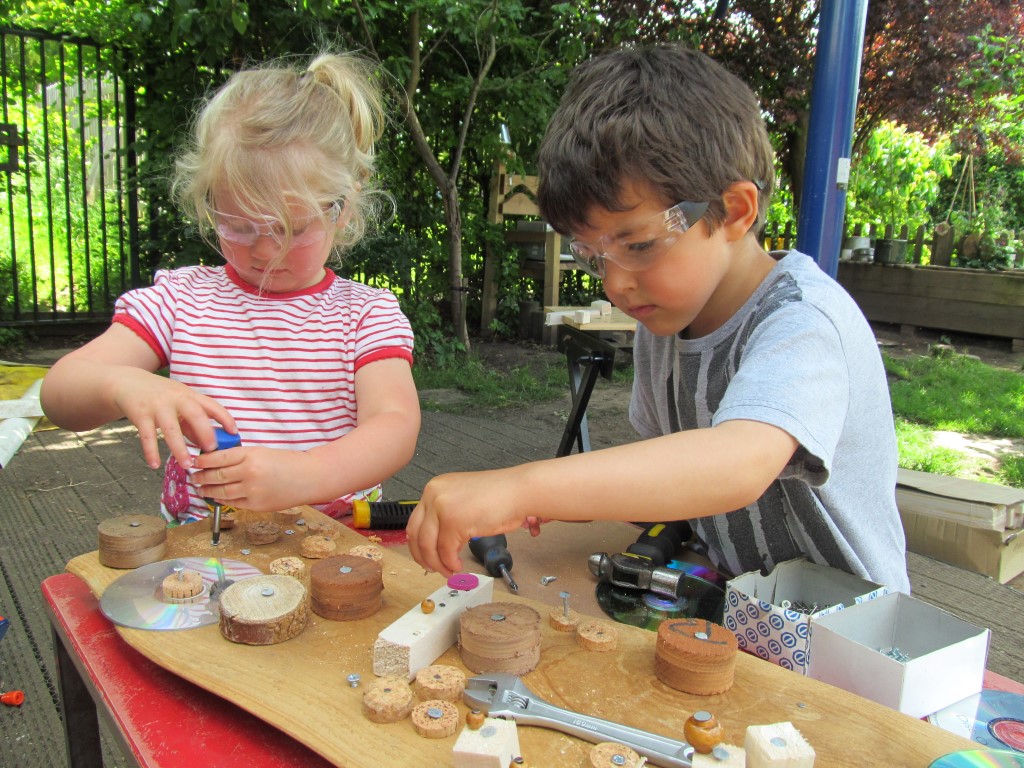
When we analyse a woodworking session it is extraordinary to see just how much learning is involved. It encompasses all areas of learning and development and invites connections between different aspects of learning. It supports current thinking on how children learn best, embracing all the characteristics of effective learning and thus fostering confident, creative children with a passion for life-long learning. Woodwork really can be central to the curriculum. It incorporates mathematical thinking, scientific investigation, developing knowledge of technology, a deepening understanding of the world, as well as physical development and coordination, communication and language, and personal and social development.
“Woodwork is really unrivalled in terms of providing children with problem-solving opportunities and challenges”
Woodwork provides another media through which children can express themselves. Creative and critical thinking skills are central both in terms of imagination and problem-solving as children make choices, find solutions, learn through trial and error and reflect on their work.
Children are drawn in as they explore possibilities, rise to challenges and find solutions. Woodwork is really unrivalled in terms of providing children with problem-solving opportunities and challenges.
Some children particularly flourish when working with wood, enjoying working three-dimensionally and working with their hands. It is hard to predict who will respond particularly positively as the skills are so different from those usually used in early years. The experience of woodwork can really be the key that unlocks some children’s learning.
Woodwork lends itself to incrementally building on previous learning and skills. There are multiple layers of learning and increasing challenge as new tools are introduced, as techniques are refined and built upon and as thinking skills are developed, and these all go to extend what children are able to do.
Essentially woodwork is a huge ‘win-win’: children greatly enjoy it and remain engaged for extended periods and it provides a rich multitude of associated learning and development.
A Complete Guide to Outdoor Learning and Play – Get it Now
Can you tell us about the adult role when encouraging woodwork?
First and foremost is about giving the children the introduction to the tools, demonstrating the safe use and having a conversation about the hazards and how to keep safe. Then it’s about providing the right conditions – giving the children the freedom to be the protagonists in their own learning by letting them make decisions and choices about what they would like to create. Woodwork is a difficult medium to work with – it throws up countless problems – how can I join this?, how can I hold it steady?, how can I change the shape?, which of all this offcut will work best for the intention?…..but because children are making what they want to make they have the intrinsic motivation to persevere and resolve their work. On occasions, we need to offer support – either with a helping hand – to steady work, help remove a nails etc or to help them extend their thinking skills to come up with new ideas to solve problems by offering open-ended questions.
How do you think woodwork affects a child’s perception of risk and challenge?
It is a vital part of children’s development that they are allowed to experience risk and challenge within controlled conditions. Children need to learn to make decisions and judgements in order to protect themselves and keep safe. Learning how to handle tools certainly contributes to this and allows children to develop confidence.
Also currently we are observing decreased levels of physical development in young children – largely as a result of extensive time spent indoors and excessive screen-based activity. The rich experiential nature of woodwork provides a positive response with this being so hands-on and is so beneficial for children’s physical development as they develop their agility and dexterity. Each tool has different physical movements associated with them and children will develop their hand-eye coordination, fine and gross motor skills, pincer grip and core strength and well as learn to self-care.
You’re currently working as a creative consultant, can you tell us more about what that involves?
I currently work as an independent creative consultant as well as being an associate trainer for Early Education. My work is a combination of working directly with schools to encourage creativity, delivering training (CPD and Inset), conference presentations, and research and writing. I deliver a wide selection of CPD embracing creative aspects of early childhood education. Creativity – looking at how we can best nurture children’s creative and critical thinking skills; Woodwork, Children’s Photography, Intelligent Materials/ Loose Parts, Block Play, Establishing a studio, as a well as CPD such as Enabling Environments, Outdoor Learning and Learning from the Reggio Emilia approach.
My research follows 2 strands – I’m an Honorary Research Fellow at the University of Bristol – researching how best to monitor children’s progression in creative and critical thinking. I am also coordinating The Big Bang Research Project, researching the value and impact of woodwork on children’s learning and development. I regularly present on these research projects at international research conferences. I have a Churchill Fellowship and have been researching approaches woodwork, making and creativity in New Zealand, Japan, Nordic countries and the USA. In terms of writing – I have written many magazine articles and books including ‘Learning Through Woodwork’ and I am currently writing ‘Creativity in Practice’ for Routledge.
“I’m really passionate about the need to promote creativity in young children”
Another aspect of my work is campaigning for more hands-on learning, working with tools both in Early Years and Primary education – especially through my work with the Royal Society of Arts, WCMT and HundrED.
What would be your advice to anyone considering a career working with children?
I would certainly highlight that that it is a truly wonderful sector to be working in – with such a dedicated work-force committed to giving children the best start in life. It may sound obvious but you have to really enjoy being with children to be a successful teacher. You need to be able to establish loving supportive emotional relationships, be nurturing and playful. I would especially encourage more men to work in the early years – children deserve a wider gender balance. I would also suggest that to work in early years you need to be prepared to spend a lot of time outdoors – this is where children thrive best.
What makes you most passionate about the work you do?
I feel privileged that I am in a position that I can have an impact and make a contribution to young children through my research, training and writing. I especially enjoy my time working directly with children, their energy, enthusiasm and spirit of inquiry are so uplifting. I’m really passionate about the need to promote creativity in young children. I do see creativity skills as being crucially important –both in contributing to children’s capacity for life-long learning, to become the future innovators in a rapidly changing world but creativity is also so beneficial for their well-being and contentment.
And finally, If you could choose just one, what would you say has been the most rewarding moment of your career?
Two years ago I was invited to present in Bhutan where they were just establishing their early years provision. UNICEF had just built the first teacher training college for early years teachers and I was invited to present about creativity at their inaugural conference. It was a truly amazing privilege to experience the richness of Bhutanese culture and it was very clear to me that we can learn so much from this remote kingdom – a land where wellbeing is highly valued.
We hope you have enjoyed this interview and are interested in more of our range of Childcare Conversation features.
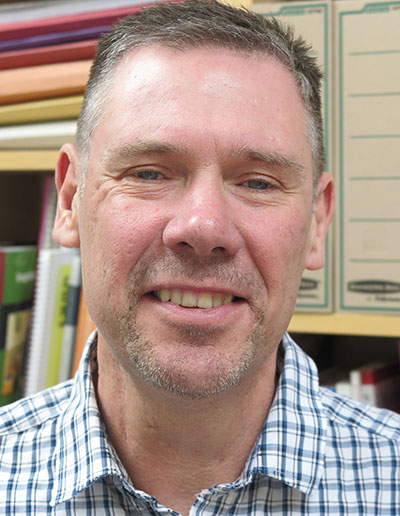 Pete Moorhouse is an Early Years creative consultant and artist educator. He is an honorary research fellow at the Graduate School of Education, University of Bristol researching creative and critical thinking in Early Years, regularly presenting research at international conferences. Pete is an associate trainer for Early Education and deliverers training internationally. His work in school is centred around developing children’s creativity and his practice is inspired by Froebelian principles and practice in Reggio Emilia.
Pete Moorhouse is an Early Years creative consultant and artist educator. He is an honorary research fellow at the Graduate School of Education, University of Bristol researching creative and critical thinking in Early Years, regularly presenting research at international conferences. Pete is an associate trainer for Early Education and deliverers training internationally. His work in school is centred around developing children’s creativity and his practice is inspired by Froebelian principles and practice in Reggio Emilia.
Pete is the UK’s leading authority on woodwork in Early Years education and has written several books and journal articles, including ‘Learning Through Woodwork’ (Routledge). He is currently working his latest book – ‘Creativity in Practice: Nurturing creative and critical thinking in early childhood education’. Pete won the national award (2019) from the Creative Learning Guild for his work promoting creativity in education. He was awarded a Churchill Fellowship and is a Fellow of the Royal Society of Arts.
If you’d like to find out more about Pete’s work with Early Years woodwork visit his site Irresistible Learning, follow him on Twitter at @PeteMoorhouseEY or check out his book Learning Through Woodwork.
Our Childcare Conversations series aims to showcase a cross-section of leading voices from the world of childcare talking about their roles, offering advice, comment and views on topical issues. This time around we’ve decided to shine the spotlight on outdoor learning and have chatted to several early years experts to gain their insight on the inclusion of the outdoors in child development.


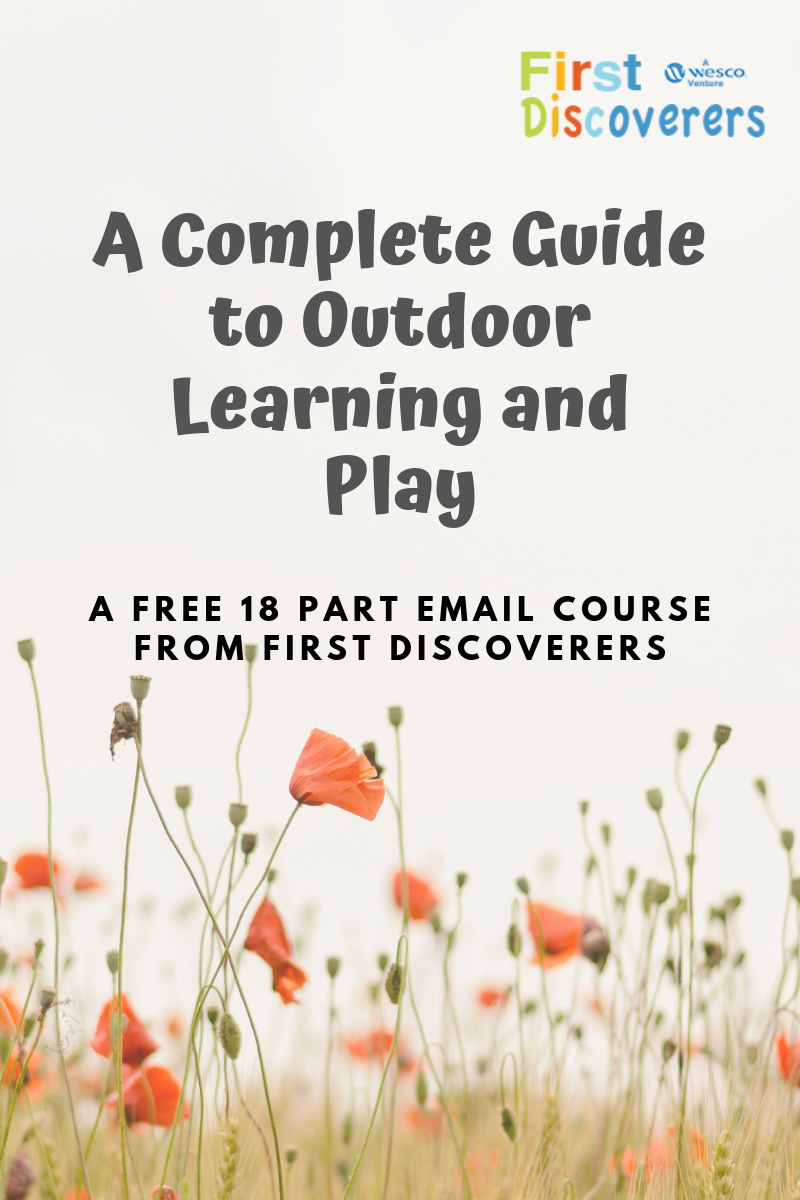
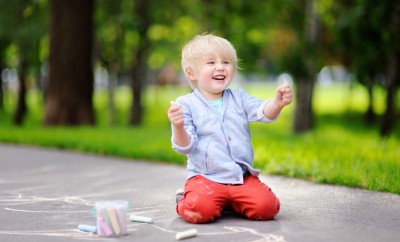
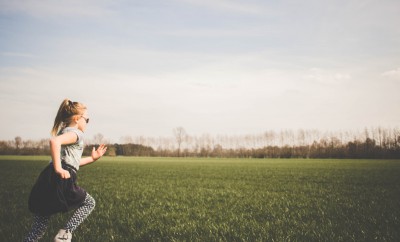
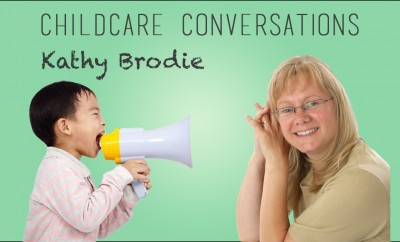

You must be logged in to post a comment Login